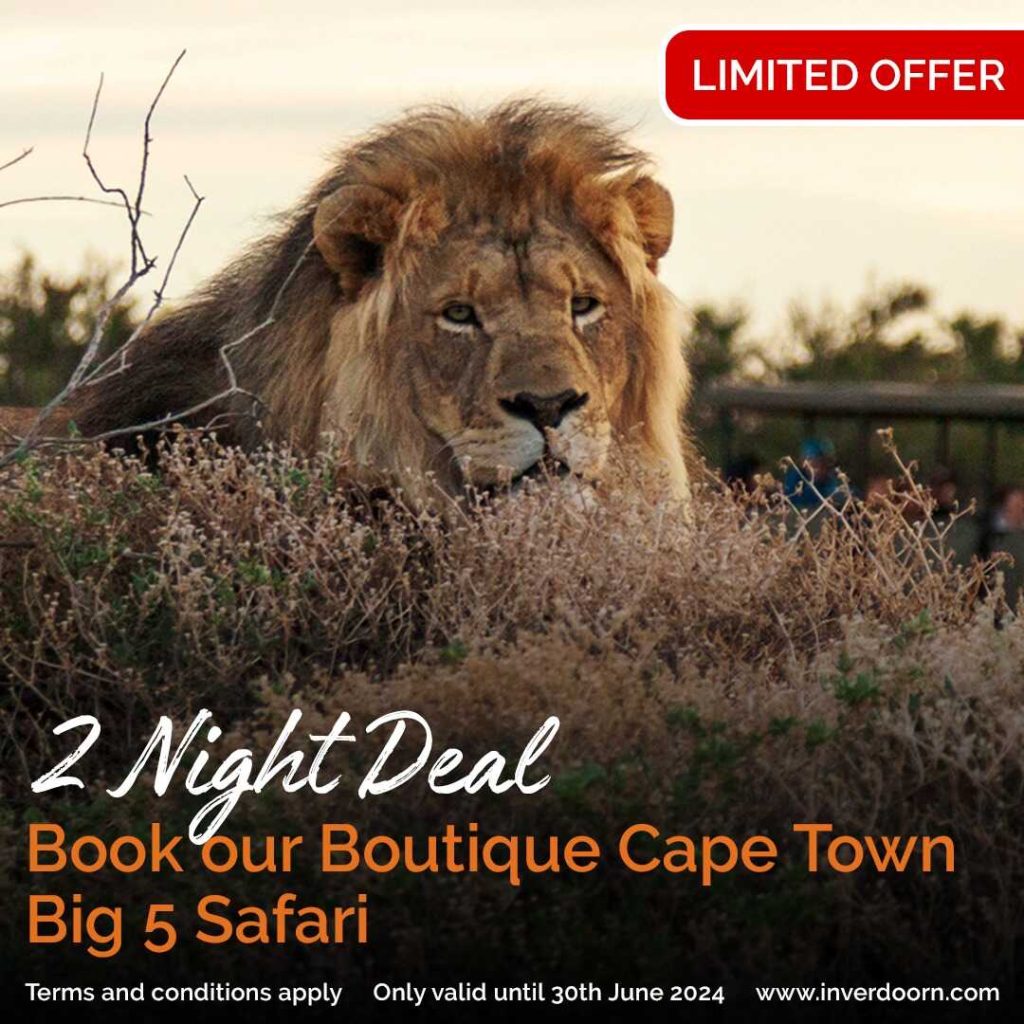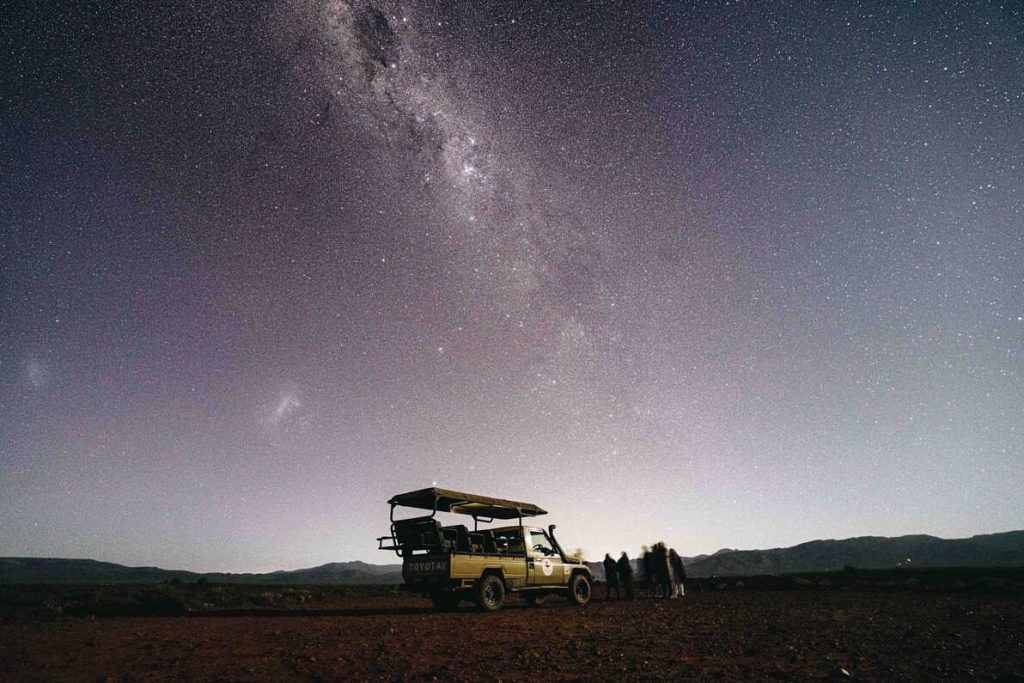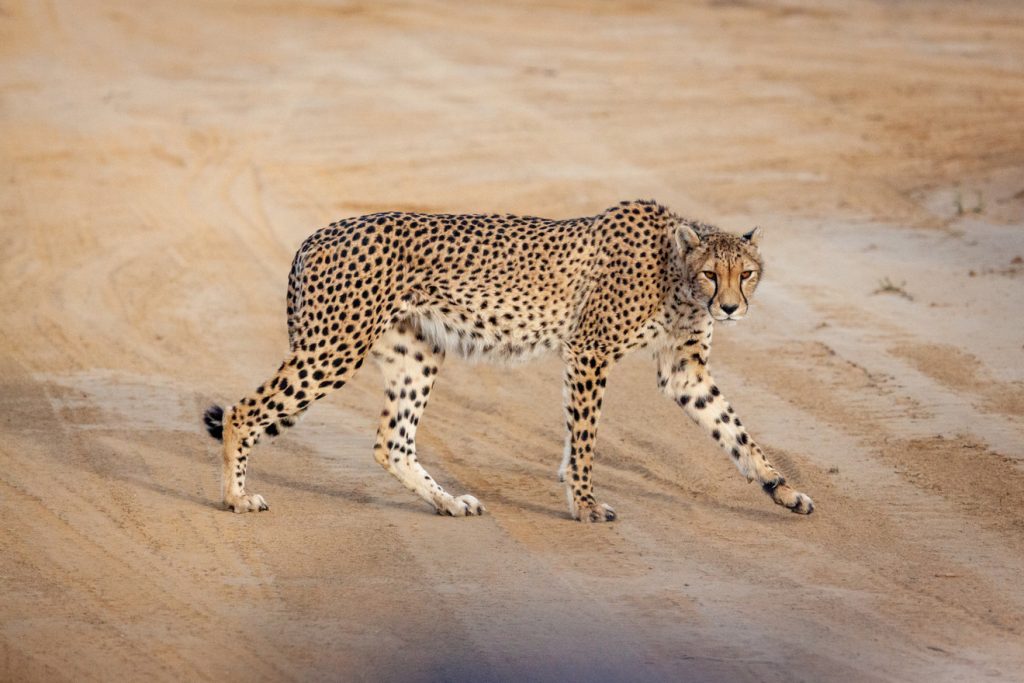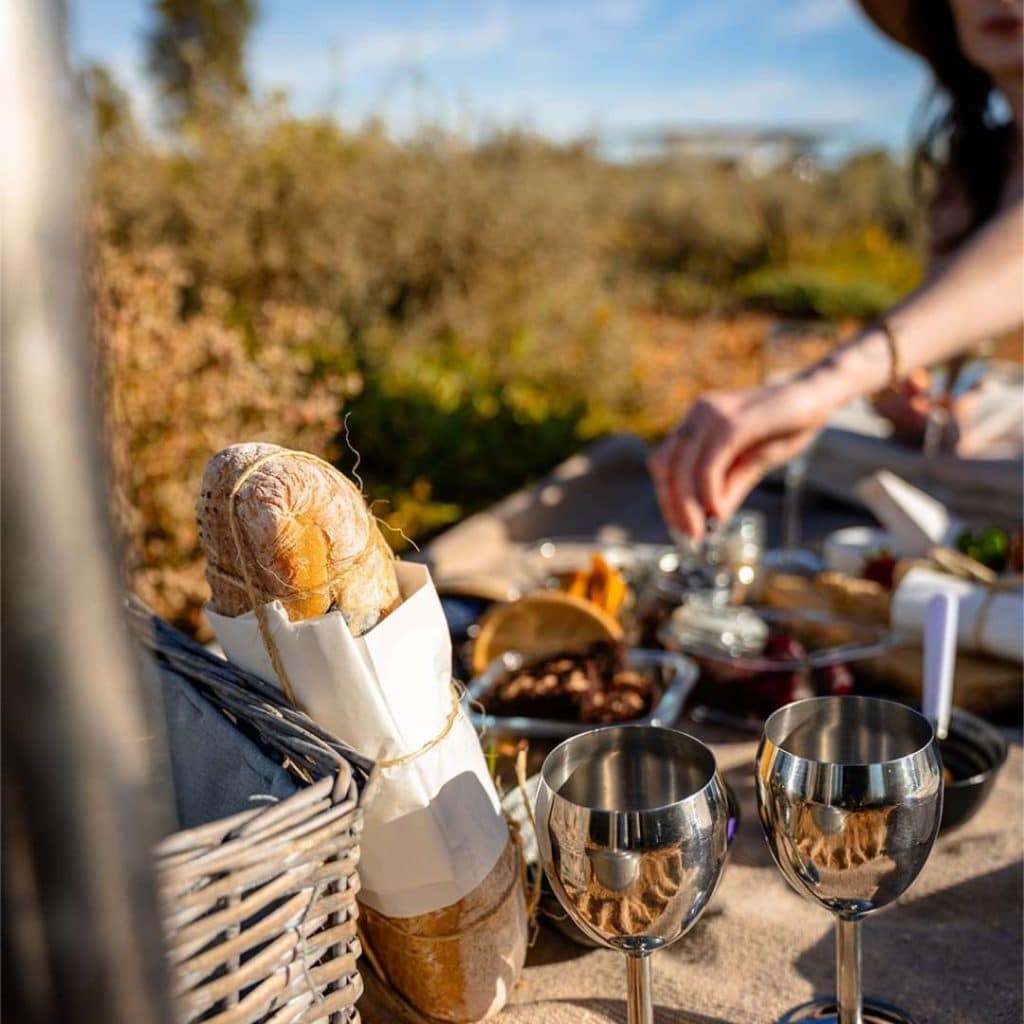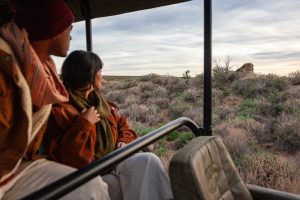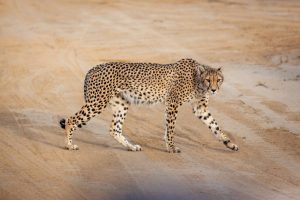Wildlife tourism is one of the fastest-growing industries in South Africa, drawing millions of visitors each year eager to experience the country’s incredible biodiversity and wildlife heritage. However, this surge in tourism brings significant challenges, particularly when balancing the needs of wildlife conservation with the demands of tourists and safari travelers.
In response to increasing strain from tourism, poaching, and a lack of funding (especially in government-owned reserves), the concept of an “Ethical Safari” has emerged. This form of wildlife tourism prioritises the well-being of animals and the sustainability of ecosystems while still offering visitors an authentic and enriching wildlife experience.
What Makes a Safari Ethical?
An ethical safari can easily be recognised by its commitment to sustainability, animal welfare, land regeneration, and community engagement. The reserve should be involved in sustainable tourism practices that ensure minimal impact on the wildlife and the natural habitat, support conservation efforts, and contribute positively to local communities.
Ethical safaris also emphasise conservation projects and community education programmes, encouraging local communities and tourists to learn about the importance of wildlife conservation.

Balancing Wildlife Tourism and Conservation in South Africa
Inverdoorn Private Game Reserve is at the forefront of this movement, setting high standards for ethical wildlife tourism. One striking example of the reserve’s commitment is the rescue of lions from canned hunting facilities, offering these iconic creatures a safe haven where they can live out their days in a protected environment.
Unfortunately, canned hunting practices and encounter-focused safaris are still popular across Africa. If you spend some time surfing the internet looking for low-cost safari options and interactive wildlife encounters in countries such as Zimbabwe, Zambia and South Africa, it won’t be long before you stumble upon a reserve advertising lion walking experiences, cheetah encounters, elephant riding, and other up-close activities.
These activities are as straightforward and enticing as they sounds: you visit a facility where you can cuddle with cubs and walk side-by-side with lions (often alongside several rangers carrying assault rifles). As one can expect, these practices are both unethical and unsafe — for both the animals and people involved.
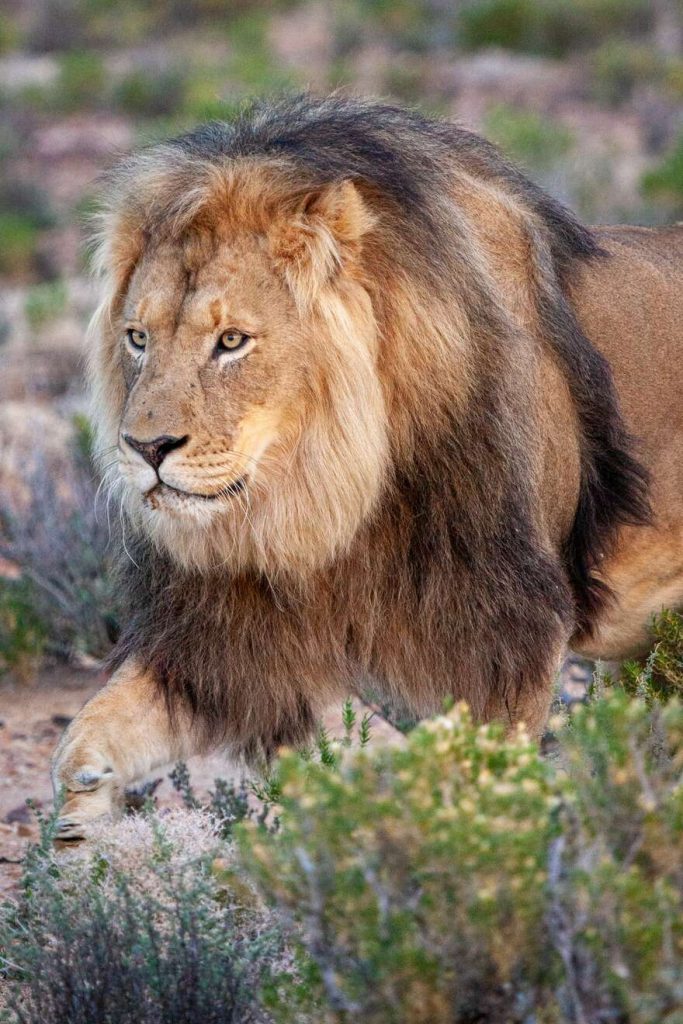
Inverdoorn’s Cheetah Rescue Project and Wildlife Rescue Centre
Known for being home to the South Africa’s leading Cheetah rehabilitation programme, established to help repopulate the Karoo’s endangered cheetah population and reintroduce captive-bred cheetahs back into the wild, Inverdoorn Private Game Reserve forms a large component of the Aquila Collection’s Animal Rescue Centre and Wildlife Rescue Initiatives.
The Animal Rescue Centre (ARC) is a non-profit organisation dedicated to the protection and conservation of South Africa’s wildlife. Notable projects include the Lion Rescue initiative, Cape Mountain Leopard Tracking Initiative, and Saving Private Rhino (SPR) — founded after four of Inverdoorn’s rhinos were brutally attacked and killed by rhino poachers.
Forming a New Ethics Committee
To further enhance the reserve’s conservation efforts, Inverdoorn established a groundbreaking wildlife ethics committee to oversee the welfare and quality of life of the reserve’s wild animal populations. This committee is tasked with ensuring that all practices within the reserve align with ethical safari principles and international, eco tourism standards.
Comprising of expert wildlife veterinarians, ecologists and experienced game rangers, the committee places the needs and health of the wildlife before anything. From the treatment of animals to the impact of the reserve on the environment and surrounding local communities, the committee upholds the responsibility of the reserve to develop conservation initiatives, improve sustainability, and to promote ethical tourism practices.
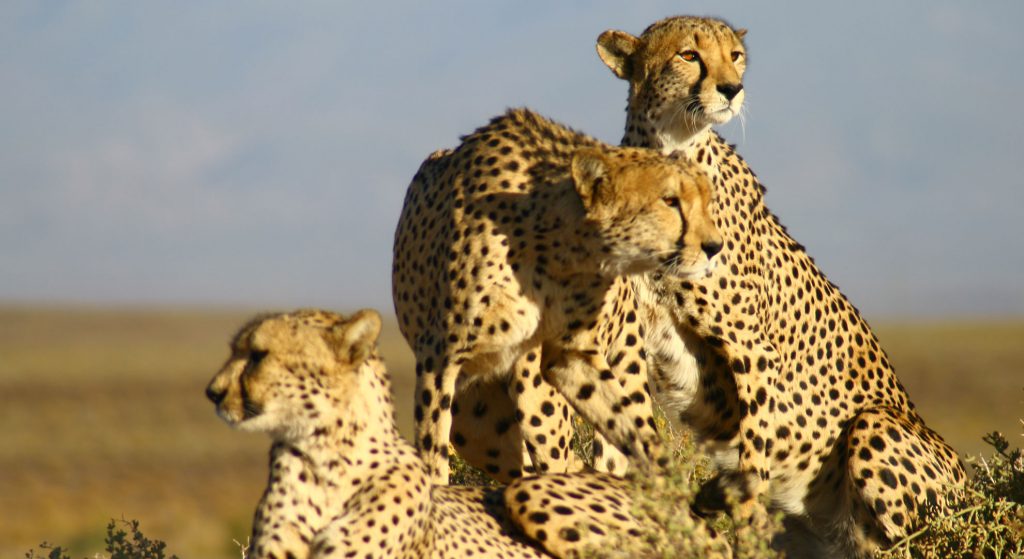
South Africa’s Private Game Reserves are Redefining Wildlife Tourism and Conservation
Africa Geographic recently stated that “Private Game Reserves are vital for wildlife conservation“, and it comes at no surprise. Private Game Reserves are redefining wildlife tourism and conservation efforts across Southern Africa. In recent decades, wildlife poaching, corruption, and a lack of funding has placed immense pressure and stress on the animal populations found in National Parks and government-owned game reserves. However, despite declining animal numbers and failing infrastructure, South Africa’s wildlife tourism sector continues to thrive — with an estimated 2 million tourists visiting the country in the last year.
The incredible number of guests visiting large and well-known game reserves each year means crowded sightings, numerous vehicles, and immense strain on the natural eco-system and environment. In reserves like Kruger National Park, it’s become normal to expect 20 cars or more at a single lion sighting — with guests hanging out of windows and blocking small dirt roads as they all compete to get as close as possible to the startled or stressed animals.
For this reason, many private game reserves and independent safari companies do not allow self-drive vehicles. Instead, experienced game rangers will take up to 8 safari guests at a time in a traditional open-air safari vehicle, allowing for better game-viewing experiences and educational opportunities.
The Benefits of Ethical Safari Practices
According to statistics from Wildlife Ranching SA, on average, a single wildlife ranch of about 2 700ha that focuses on eco-tourism and biodiversity support is home to 45 mammal species, 266 bird species, 43 reptile species, 29 grass species and over 100 other tree and plant species. In fact, There are over 20 million hectares of land in the private conservation industry — substantially more conservation-focused land than all of South Africa’s national parks combined.
But it’s not just the wildlife that benefits from ethical safari practices. About 65 000 people are permanently employed by the private game reserve and conservation sector, with many more temporary jobs being provided during peak seasons or localised events, e.g: translocations, game capture operations, breeding projects, and more. These temporary employment positions push the total employment figure to over 140,000 people being supported by the privately-owned safari industry, with a majority of the employees consisting of local (and often rural) community members.
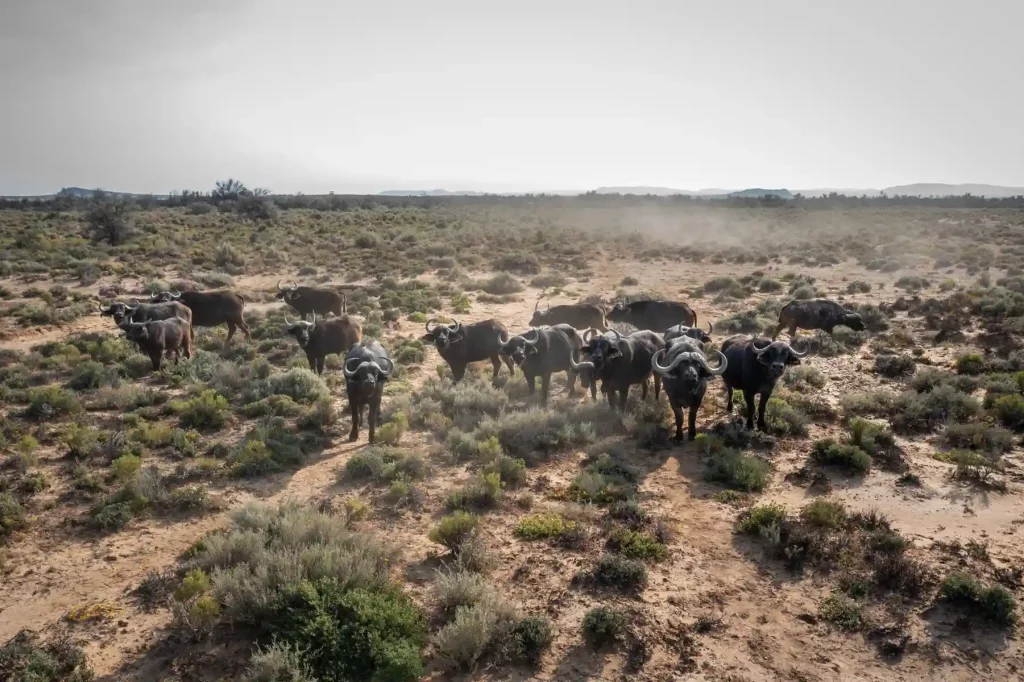
Choosing a Private Safari Lodge
A private game lodge usually includes the whole deal: accommodation, meals, guided safari game drives led by experienced rangers, luxury amenities and world-class service. If you can fit a private safari tour in your budget and travel itinerary, it’s an easy choice to make. Not only are private game reserve’s less busy, but the staff know their stuff — checking spoor, tracking, game spotting, and are often in radio contact with nearby rangers, so you’re bound to get good sightings as well as the benefit of their extensive bush knowledge.
Located only 2.5 hours from Cape Town, Inverdoorn Private Game Reserve is a beautiful and luxurious boutique safari experience. Out in the vast and untamed Karoo landscapes, you’re open to the sounds, smells and sights of the bush. With no fences around the lodge and traditional 4×4 open air safari vehicles to take you through the heart of this 10 000 hectare wildlife conservancy, it’s absolutely thrilling being up close to the animals with not even a window between you.
Smaller Safari Vehicles
Private Game Reserves offer smaller safari vehicles and fewer crowds, meaning the animals are less disturbed and less stressed by human influence. Smaller vehicles also means less noise and gas pollution are emitted into the reserve, allowing for a more authentic safari experience with minimal impact on the natural habits and habitats of the animals.
Horseback Safari Trails
Inverdoorn offers an amazing Karoo horse trail experience, available as an additional activity whilst visiting the reserve. It’s a great way for guests to immerse themselves in nature and see the sights of the wild. As far as a zebra or giraffe is concerned, a horse is just another herbivore, so when you’re on horseback, you can get right up close to herbivorous game without them taking fright and running away.
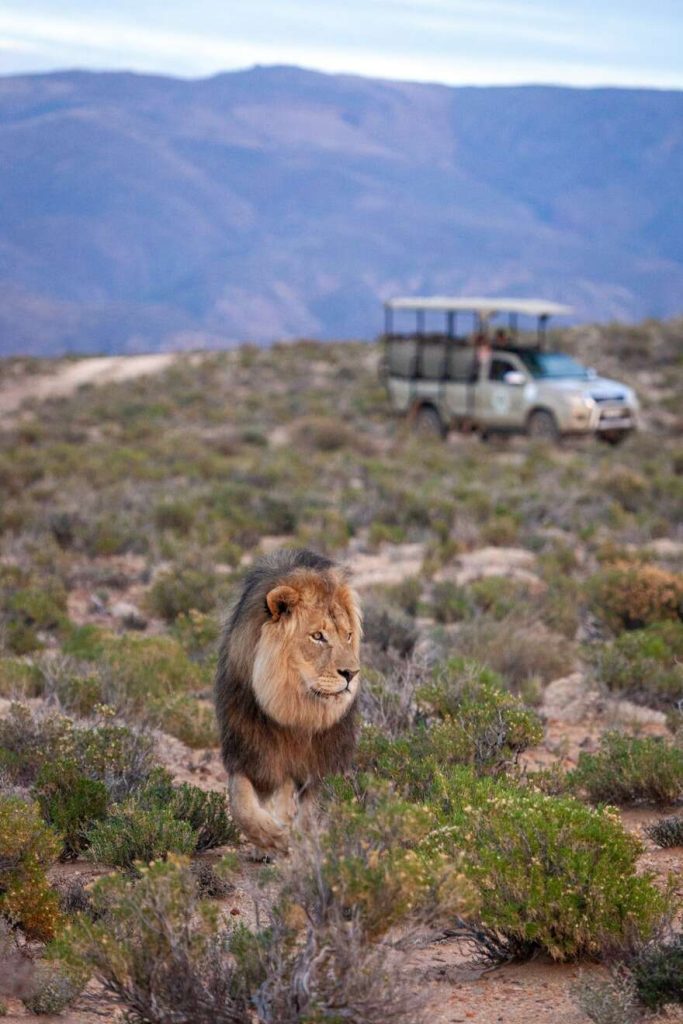

How to Identify an Ethical Safari Tour
Minimal Interference with Wildlife: Choose safaris and game reserves that avoid practices such as luring out animals for the “benefit” of guests or scaring animals with loud noises for better photo opportunities.
No Animal Handling Experiences: Avoid safari companies that promote activities like lion walking or elephant riding, which can be harmful to the animals.
Proper Licensing and Certification: Ensure the safari company is licensed and meets the specific country’s certifications, adhering to animal welfare guidelines and ethical protocols.
Where to Find Licensed Safari Companies:
- South Africa: Association of Southern African Travel Agents
- Tanzania: Tanzania Tourist Board
- Uganda: Uganda Tour Operators
- Kenya: Kenya Association of Tour Operators
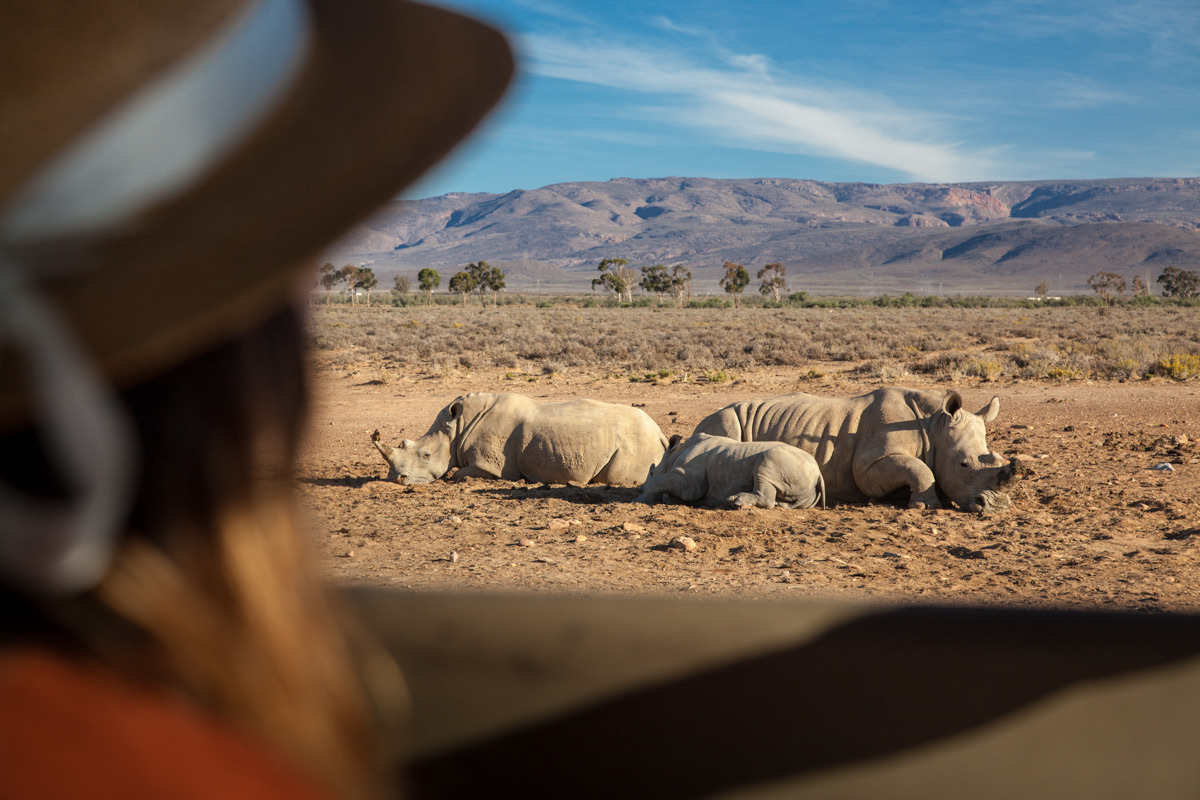
Our Final Thoughts
Ethical safaris represent a crucial step towards sustainable wildlife tourism, ensuring future generations can continue to experience the beauty of South Africa’s wildlife heritage while preserving the natural environment for the many wild animals and local communities that depend on it.
Book your Inverdoorn safari experience or browse the reserve’s exclusive winter deals for our seasonal safari rates.

